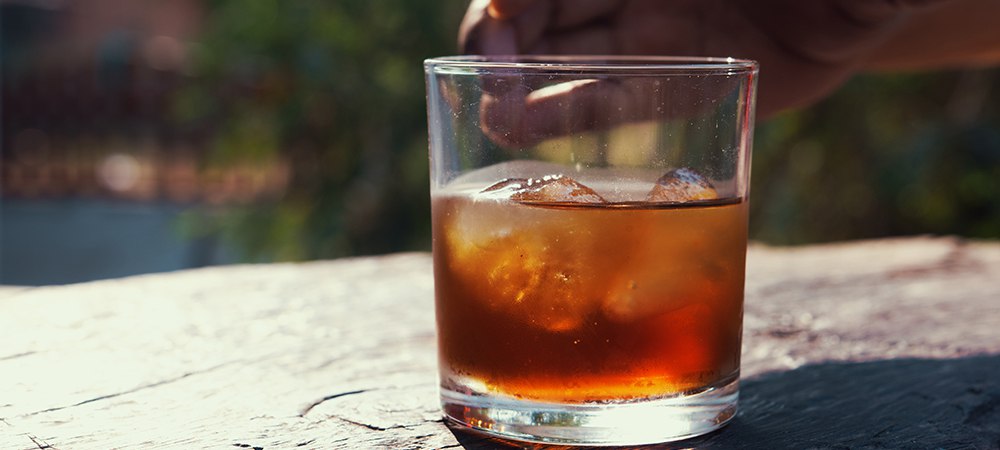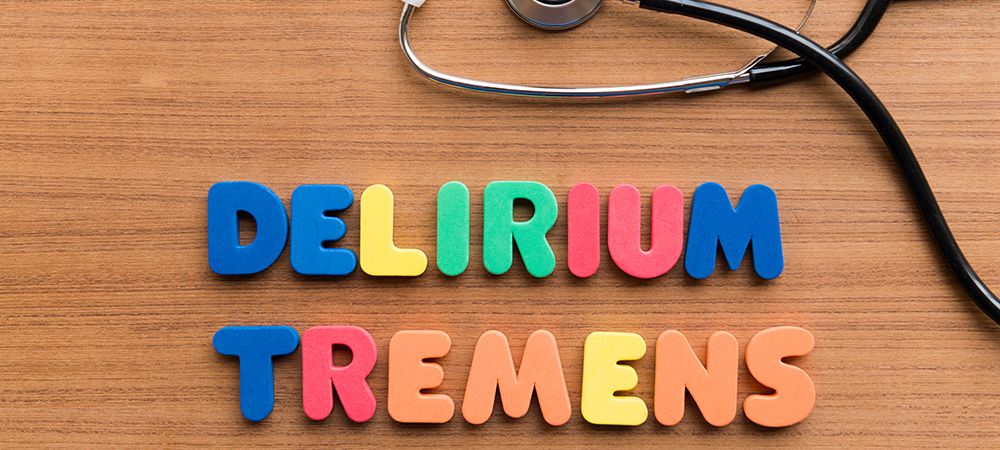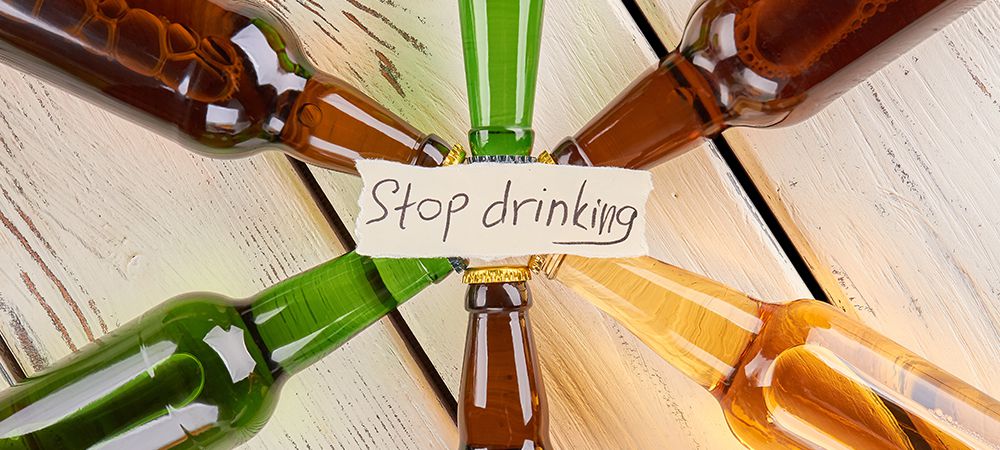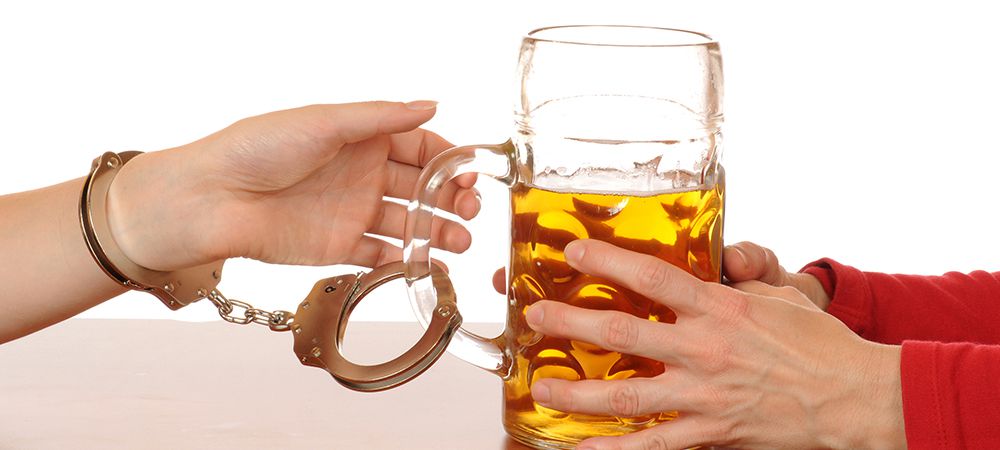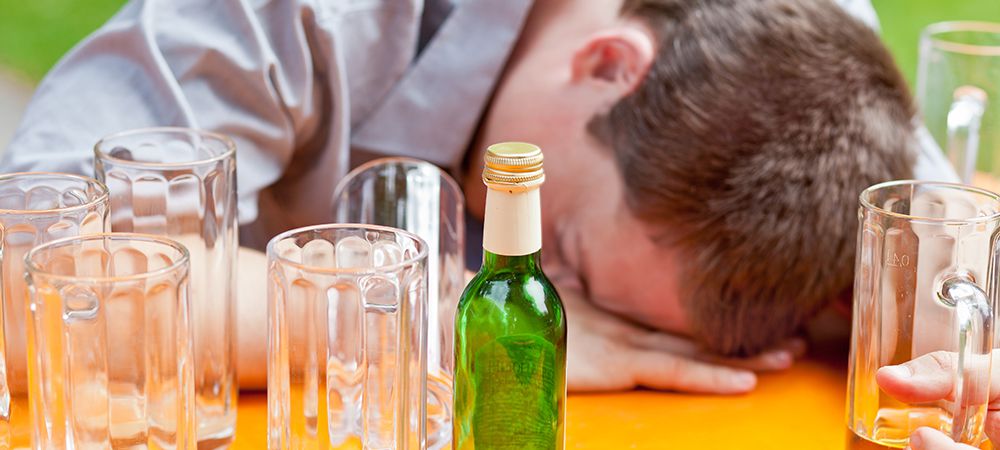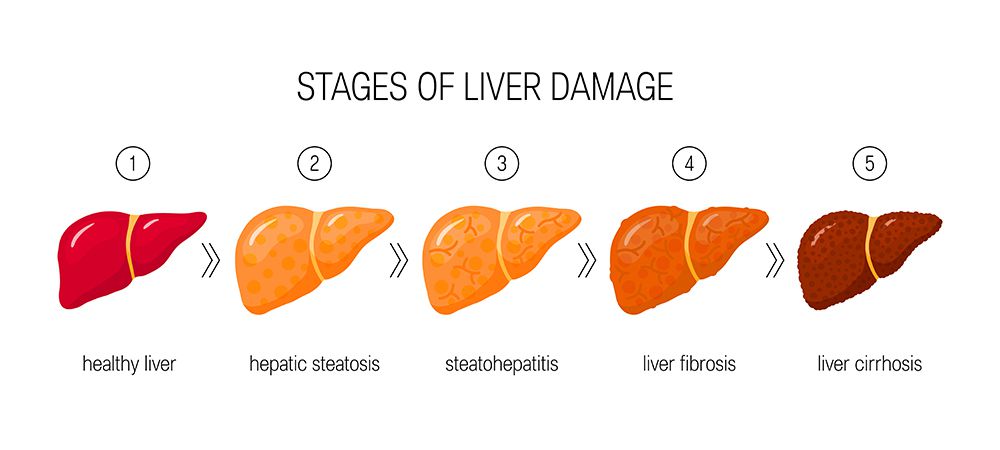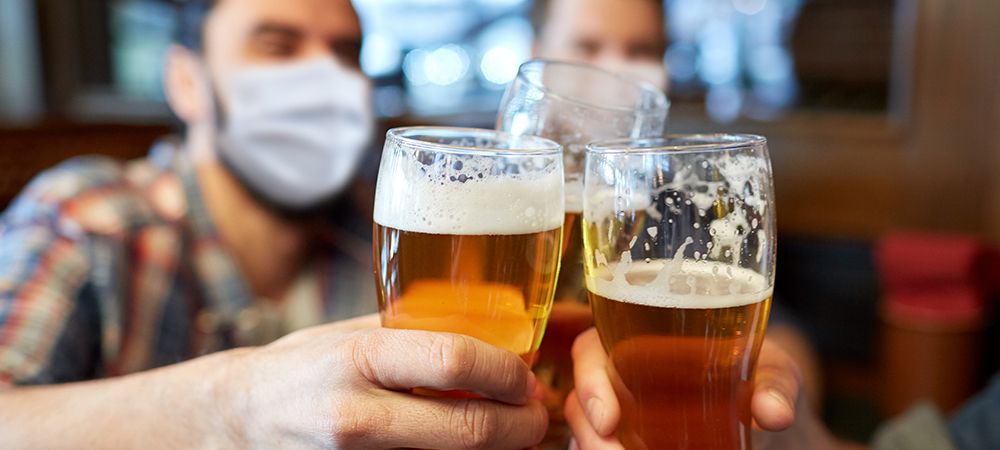Alcohol addiction is one of the most challenging addictions to treat, partly because it is so difficult to recognize. Many events and celebrations around the world are observed with alcohol – holiday season parties, birthdays, weddings, anniversaries. Meals with friends include wine, we kick off our shoes and relax with a beer at the end of a long day, and drunkenness is practically expected at college parties.
What this means is that alcohol consumption is so ingrained into our lives that we can easily fail to see when someone has crossed the line from regular drinking to problem drinking and alcohol addiction. By the time the problem is acknowledged, the individual may already be deep in the woods of their alcohol use disorder, and getting into an alcohol rehab program becomes a matter of urgency.
Sadly, many people decide not to seek help because they feel that cost is a barrier. In this article, we will go over what kinds of alcohol addiction treatment exist in Toronto and what they cost.
Support Groups – Free
Support groups are available in person and online, and they are everybody’s favourite price: free. Alcoholics Anonymous (AA) is a great place to start for people who are waiting for a rehab spot, or who are unwilling or unable to enter a rehab program.
Groups like AA consist of people who understand first-hand the challenges of alcohol addiction. You can learn from their stories, and through their sponsor program, you can have access to someone you can call when things get difficult. As you progress in your recovery, you will have the opportunity to give back by helping someone who is newer to their recovery.
AA has online options, which are great for people who cannot get to regular meetings. Those who experience social anxiety may prefer the online format to an in-person setting. There are also a lot of online alternatives to AA.
AA may not be enough on its own. If your alcohol addiction has been progressing for a long time, if you have co-existing physical or mental health concerns, or if you do not have the support of friends and family members, you may need additional treatment. AA and similar support groups are often part of addiction treatment programs.
Government-Funded Alcohol Addiction Treatment – Free/Low Cost
The Ontario government provides funding for some alcohol addiction treatment services. Several hospitals in the province have detox programs, and for those attempting detox at home, medical services are always available in the event of an emergency.
Facilities like the Centre for Addiction and Mental Health (CAMH) and Bellwood Health Services offer inpatient rehab programs to Ontario residents. Most of these programs are fully funded by the government, but you may need to pay out of pocket for “extras” like semi-private or private accommodation, and prescribed medications.
Government-funded alcohol addiction treatment programs can be a lifesaver for people who would not otherwise be able to afford it. If you go this route, you may have to wait for a spot to open up. Also bear in mind that in general, government-funded programs are not highly individualized, and they do not include addiction aftercare services.
Outpatient Alcohol Addiction Treatment – Cost Varies
An outpatient addiction treatment program is one where you continue to live at home and participate in your regular life, while attending appointments with a variety of professionals. These can include therapists, doctors, nutrition counsellors, and life coaches. You may also receive home visits from nurses.
Outpatient programs can be highly tailored to meet your unique needs, at a cost that is far lower than inpatient rehab. This form of treatment is ideal for people who cannot afford to go to rehab, or who do not have the ability to step out of their lives for a few weeks.
If you have physical or mental health conditions alongside your addiction, if you have a prior history of addiction and relapse, or if you lack a solid support system, you should consider inpatient treatment instead.

Private Inpatient Alcohol Rehab – Cost Is Usually High
Private residential or inpatient alcohol addiction treatment is by far the most expensive option, running to several thousand dollars per month. However, this form of treatment is also the most effective, for several reasons:
- Your treatment program is customized to your needs and circumstances
- You do not have access to the stresses of the outside world – you can put exclusive focus onto your recovery
- You do not have access to alcohol
- You are in a place where you have 24/7 support
- You are living among people who truly understand what you are going through
While the high cost of private rehab may seem like a barrier, it is important to remember that it includes everything: all forms of therapy that you will undergo, food, accommodation, recreational options, gym/exercise options, and whatever else the facility includes.
If you want to attend inpatient alcohol rehab, there are several avenues to consider when it comes to funding:
- Talk to your medical insurance company about whether they will cover a stay in a rehab facility
- Some employer assistance programs can assist with funding
- You may be able to take advantage of a financing plan
Getting Help For Your Alcohol Addiction
Located an easy two-hour drive from Toronto, Thousand Islands Rehab Centre is a full-service alcohol addiction facility that can support you through detox, rehab, and aftercare. All of our programs are fully tailored to each individual, so you will know that you are getting the addiction treatment that is right for you. We follow a holistic approach that takes into account your physical, mental, emotional, spiritual, and cultural needs.
Addiction does not only affect the individual it is happening to: it can have a far-reaching impact on the lives of the people around you. Our rehab programs include family therapy aimed at helping you and your loved ones manage conflicts and communicate in a constructive manner. This is a step toward ensuring that you will have the support you need when it is time for you to leave rehab.
For more information about our services, call us today.
